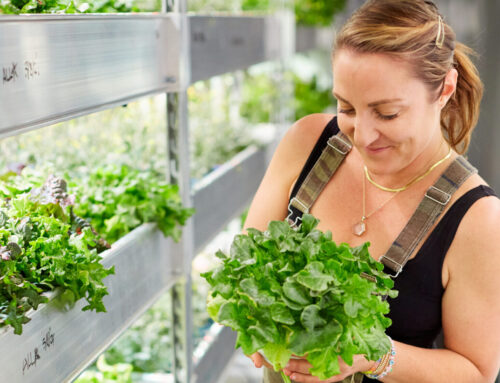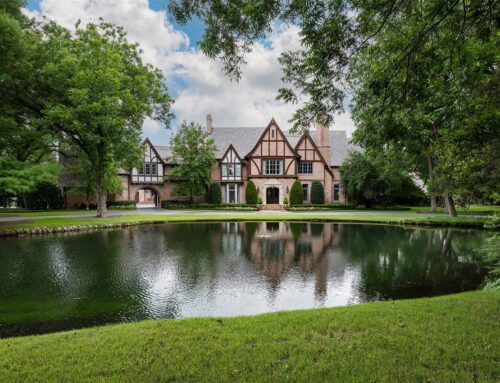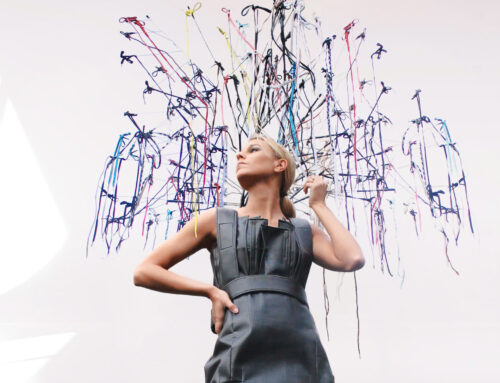I’ve been thinking lately about the nature of happiness. It seems that we are all after it. We all want to be happy, and for some it is a more elusive goal than for others. If you haven’t seen it, a thoughtful and entertaining book on the subject is “Stumbling on Happiness” by Harvard psychologist Daniel Gilbert. His thesis is that most of us are not as good as we think we are at predicting just what will make us happy, or what will lead to unhappiness.
Let me quote from a commencement address by our
“Now anytime I’m with a group like you, they always say, ‘Now, Ross, we want to be successful.’ Well, OK, we’ll talk about that, but what is success? You say, ‘Well, success is making a lot of money.’ I say no, you’re on the wrong track. Success is being the best at whatever you do.”
Then Perot went on to say this:
“I’ve had the interesting opportunity to know most of the people that you would think of as the wealthiest people in the world. A huge number of them are very unhappy. I am no happier today than I was as a boy in the Depression in
I think our notable neighbor is onto something. So is Daniel Gilbert. We think having more money, that new car, that bigger house, that better job, will make us happy, but maybe not.
Aristotle had a startling view of happiness. He wrote that happiness is not a goal; it is a byproduct. In other words, if you make it your primary goal to be happy, you may never find it. On the other hand, Aristotle said, if you make it your goal to be good — a good person — then, in the process of seeking goodness, you may well find yourself happy.
There are lots of ways to be rich, and there are many ways to be poor, and they have little to do with money. Someone has defined poverty well in these words:
Poverty is untested potential, resulting from self-imposed limitations.
Poverty is working a lifetime doing something you don’t like.
Poverty is having many acquaintances and no friends.
Poverty is having so many clothes, you ‘haven’t a thing to wear.’
Poverty is eating so well that you have to pay to go on a diet.
Poverty is having every pill imaginable to cure your body’s ills, because you ‘can’t afford to be sick.’
Poverty is being loaded down with toys at birthdays and Christmas, and then being bored silly because there’s nothing to do.
Poverty is having three degrees and feeling unfulfilled in your job.
Poverty is having two cars, three TVs and a dishwasher, and then ‘roughing it’ by going camping to ‘get away from it all.’
Poverty is going, day-to-day, from one building to the next and never stopping to see the beauty in the world outside.
Poverty is spending money on make-up, deodorants, colognes and designer clothes, and still being worried about the image you are projecting.
Poverty is being white, healthy, middle-class and unhappy.
Poverty is never being curious about the world around you and never wanting to explore it or the people in it.
Poverty is as much the soul, as it is the body.
I wish you happiness. True happiness — the kind that comes from seeking goodness.






